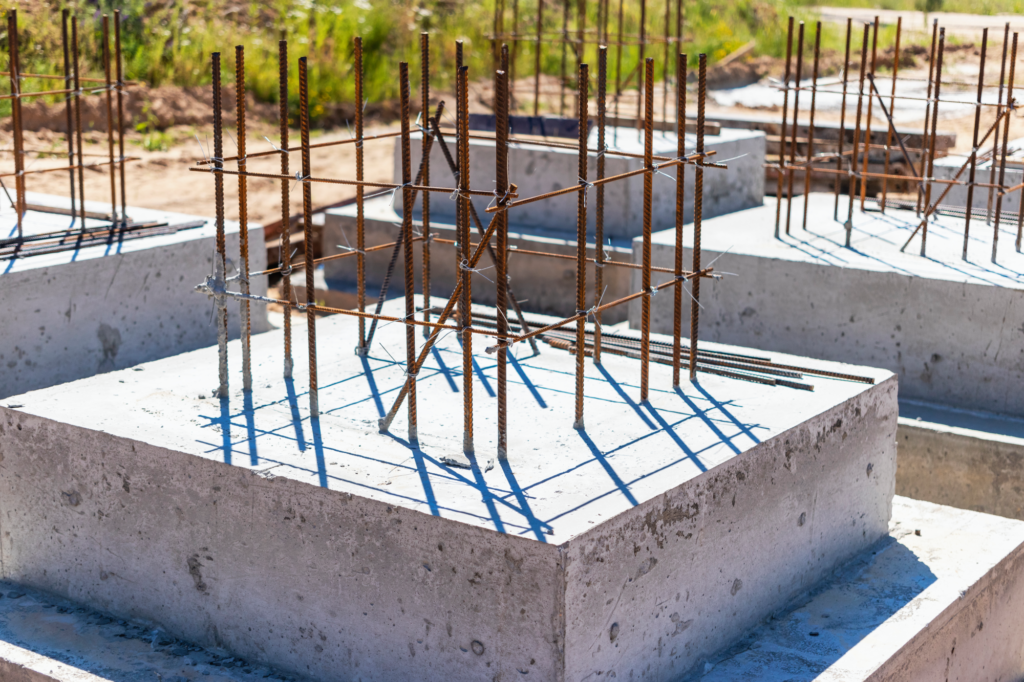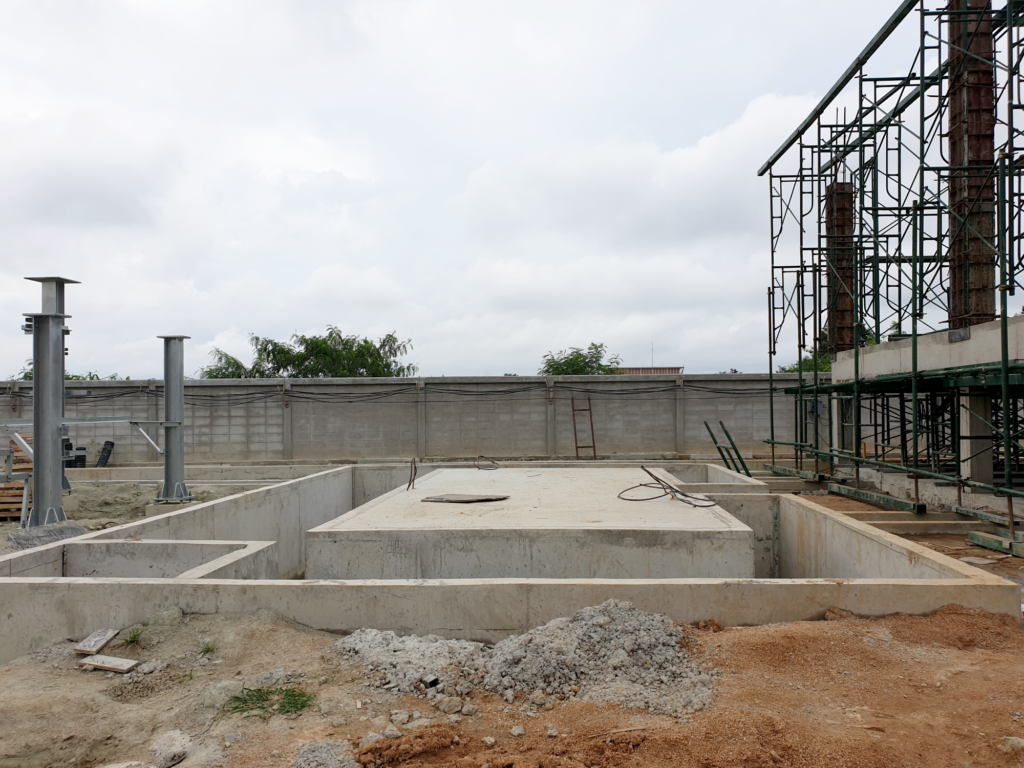Concrete is the backbone of countless construction projects, providing strength, durability, and versatility to structures of all kinds. From foundations to finishes, concrete contractors play a pivotal role in ensuring the success of these projects. With their expertise and experience, they navigate the complexities of concrete work, delivering high-quality results that stand the test of time. In this article, we’ll delve into expert tips from concrete contractors, covering everything from preparation and pouring to finishing touches.
Solid Foundations:
A strong foundation is essential for any structure, and concrete contractors understand the critical role it plays in ensuring stability and longevity. Before pouring concrete, it’s crucial to properly prepare the site, ensuring that the soil is compacted and graded to provide a stable base. Contractors may also use reinforcement materials such as rebar or wire mesh to enhance the strength of the foundation and prevent cracking over time.
Site Preparation: Before pouring concrete for the foundation, thorough site preparation is necessary. This involves clearing the area of debris, vegetation, and any obstacles that may impede construction. Additionally, contractors must ensure proper drainage and grading to prevent water accumulation around the foundation, which can lead to structural issues over time.

Soil Compaction: Proper soil compaction is essential for creating a stable base for the foundation. Contractors use specialized equipment to compact the soil to the required density, minimizing settlement and ensuring uniform support for the concrete slab or footing.
Reinforcement: In many cases, reinforcement materials such as rebar or wire mesh are incorporated into the foundation to enhance its strength and durability. These materials help prevent cracking and shifting of the concrete, particularly in areas prone to seismic activity or expansive soil conditions.
Formwork: Formwork is used to contain the concrete during the pouring process and shape it into the desired configuration. Contractors carefully construct formwork using high-quality materials such as wood, steel, or plastic, ensuring that it can withstand the pressure exerted by the wet concrete.
Proper Mixing and Pouring: Achieving the right mix of concrete is crucial for the strength and durability of the foundation. Contractors carefully calculate the proportions of cement, aggregates, and water to achieve the desired consistency and strength. During the pouring process, they employ techniques to minimize air voids and ensure thorough consolidation of the concrete.
Curing: Proper curing is essential to allow the concrete to achieve its maximum strength and durability. Contractors employ various methods such as moist curing, membrane curing, or curing compounds to protect the concrete from premature drying and cracking.
Quality Control: Throughout the construction process, contractors conduct quality control checks to ensure that the foundation meets industry standards and specifications. This may involve testing the concrete for strength, density, and uniformity, as well as inspecting the formwork for proper alignment and stability.
Precision Pouring:
When it comes to pouring concrete, precision is key. Experienced contractors meticulously plan the pour, taking into account factors such as weather conditions, temperature, and humidity to ensure optimal curing and strength. They also pay close attention to the consistency and composition of the concrete mix, adjusting as needed to achieve the desired results. Additionally, proper formwork and shoring are essential to prevent slumping or shifting during the pouring process.
Attention to Detail:
From smoothing out rough edges to perfecting intricate designs, attention to detail is paramount in concrete finishing. Skilled contractors employ a variety of techniques to achieve flawless results, including troweling, stamping, and polishing. They also carefully monitor the curing process, taking steps to protect the concrete from drying too quickly or exposure to harsh elements. By paying close attention to every detail, contractors ensure that the finished product meets the highest standards of quality and craftsmanship.

Collaborative Communication:
Effective communication is essential throughout the construction process, and concrete contractors understand the importance of collaboration with other trades and project stakeholders. They work closely with architects, engineers, and builders to coordinate timelines, address any challenges that arise, and ensure that the project stays on track. By fostering open lines of communication, contractors can streamline the construction process and deliver superior results that exceed client expectations.
Continuous Education and Improvement:
The field of concrete construction is constantly evolving, with new technologies and techniques emerging regularly. Experienced contractors prioritize ongoing education and training to stay abreast of industry advancements and best practices. They attend workshops, seminars, and trade shows to learn about the latest innovations in concrete materials, equipment, and methods. By embracing continuous learning and improvement, contractors can offer their clients cutting-edge solutions and superior craftsmanship.
Conclusion:
From foundation to finish, concrete contractors are the backbone of successful construction projects. With their expertise, attention to detail, and commitment to excellence, they ensure that structures are built to last. By following expert tips from concrete contractors, project stakeholders can navigate the complexities of concrete work with confidence, knowing that they are in capable hands. Whether you’re building a new home, renovating a commercial space, or undertaking a large-scale infrastructure project, partnering with experienced concrete contractors is essential for achieving superior results. Contact us today to discuss your project needs and experience the difference that our skilled team can make!

